Mitigate Pain Clinic – Dr Jeshnu Tople – Pain Management Specialist In Nagpur
Knee Pain
Knee Pain Treatment
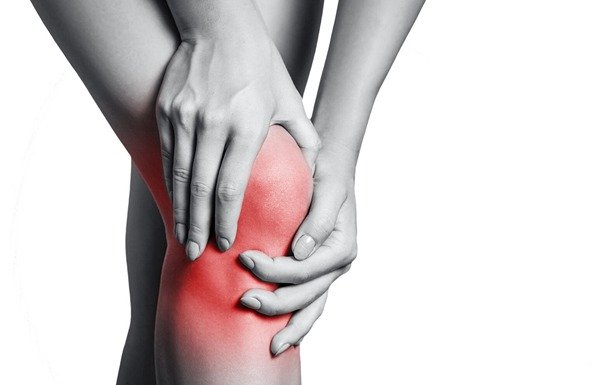
At Mitigate Pain Clinic, we understand how knee pain can disrupt your daily life. We are dedicated to using interventional pain management techniques to treat knee pain at its source and provide lasting relief.
Understanding Knee Joint
The knee is a complex joint that connects the thigh bone (femur) to the shin bone (tibia) and is stabilized by several ligaments and muscles. It is also cushioned by cartilage, which allows for smooth movement and weight-bearing.
The key components of the knee joint include:
Cartilage: Covers the ends of the bones to reduce friction and absorb shock.
Menisci: Two in number and act as shock absorbers between the femur and tibia.
Ligaments: Connect bones and provide stability.
Tendons: Attach muscles to bones, allowing for movement.
Damage to any of these structures can result in knee pain, inflammation, and reduced mobility. Understanding the anatomy of the knee helps in diagnosing the cause of pain and determining the most appropriate treatment options.

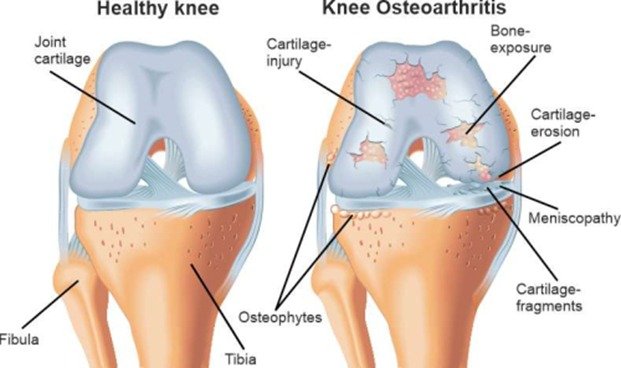
Common Causes of Knee Pain
Osteoarthritis
Tendonitis
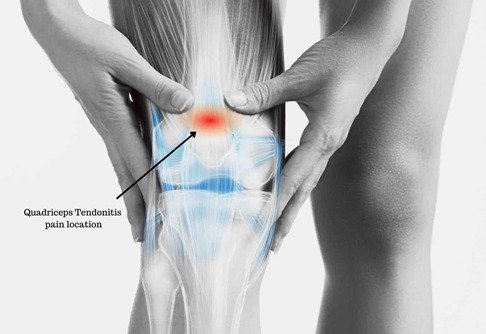

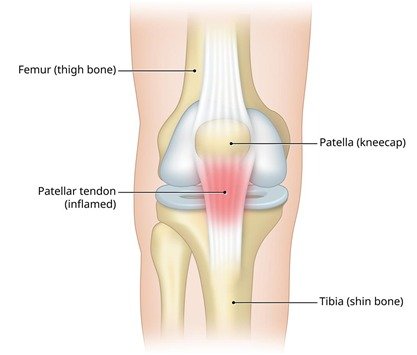
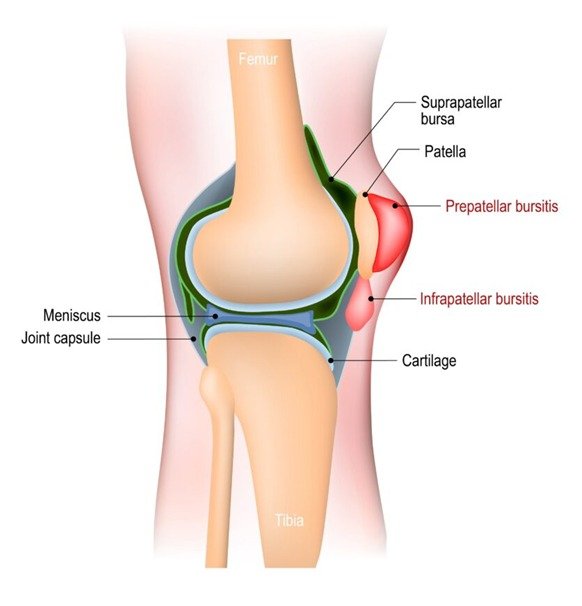
Bursitis

Meniscus Injury
Ligament Injuries
Other Causes of Knee Pain

Diagnosing Knee Pain
Conservative Treatments for Knee Pain
Before considering more invasive treatments, conservative approaches are often recommended to manage knee pain.
Physiotherapy
Physiotherapy can strengthen the muscles around the knee, improve flexibility, and reduce pain. A physiotherapist will design an exercise program tailored to your specific condition.
Medications
Medications like NSAIDs and coanalgesics can help reduce inflammation and alleviate knee pain.
RICE Method (Rest, Ice, Compression, Elevation)
For acute injuries, the RICE method can be highly effective in reducing pain and swelling. Resting the knee, applying ice packs, using compression bandages, and elevating the leg can help control symptoms.
Interventional Pain Management for Knee Pain
Hyaluronic Acid Injections
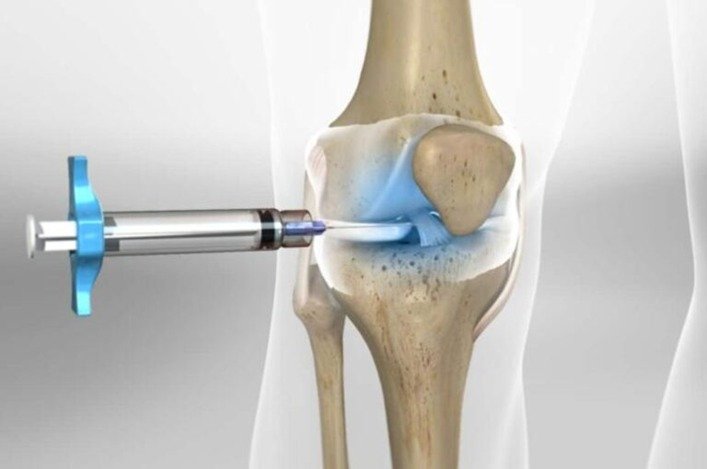
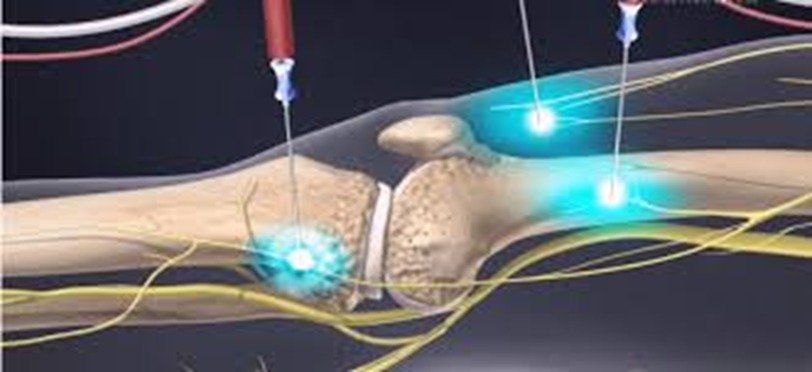
Radiofrequency Ablation (RFA)
Platelet-Rich Plasma (PRP) Therapy

Growth Factor Concentrate (GFC) therapy


Knee Surgery: When is it Necessary?
Post-Procedure Rehabilitation and Physiotherapy
Managing Knee Pain in Athletes
Knee Pain in Older Adults
Preventing Knee Pain
Importance of Lifestyle Modifications for Knee Health
Simple lifestyle changes can significantly improve knee health and prevent pain. These include:
- Maintaining a healthy weight to reduce stress on the knees.
- Engaging in regular low-impact exercises like swimming, cycling, or walking.
- Incorporating strength training and stretching into your routine.
- Avoiding prolonged sitting or standing, which can increase pressure on the knees.
Why Choose Mitigate Pain Clinic for Knee Pain Management
Living Pain-Free with Interventional Pain Management
Frequently Asked Questions (FAQs)
Yes, many cases of knee pain can be effectively managed with conservative treatments and interventional pain management, avoiding the need for surgery.
Our Treatments
- Joint Pain
- Back Pain
- Sciatica Pain
- Neck Pain
- Hand Pain
- Shoulder Pain
- Foot & Ankle Pain
- Limb Pain
- CRPS Pain
- Cancer Pain
- Headache
- Hyperhidrosis
- Herpes Zoster Pain
- Chronic Pelvic Pain
- Scar Tenderness
- Postherpetic Neuralgia
- Trigeminal Neuralgia
- Peripheral Neuralgia
- Chronic Vascular Pain
- Generalised Body Pain
- Chronic Injury Pain
- Failed Back Surgery Syndrome
- Chronic Post Surgical Pain
- Other Painful Conditions
- Slipped DISC / PIVD